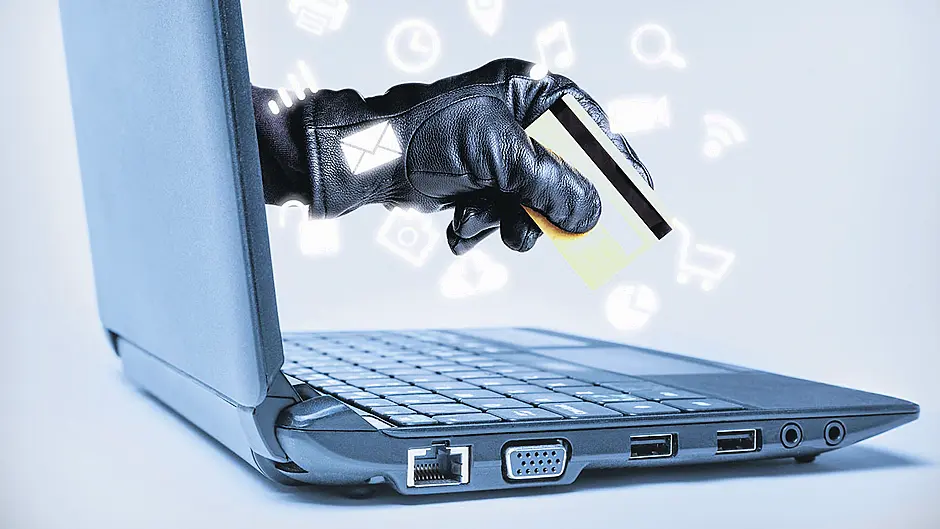Don’t forget, you can shop online from many local suppliers this year, on Black Friday, and beyond! Safety expert Dr Sinead McDonough has some timely tips
IN recent years, Black Friday has boosted the volume of online shopping.
It has evolved into a week-long ‘sales festival’ rather than a one-off day event, with retailers offering attractive deals. We have also seen Cyber Monday become an annual fixture as an add-on to this shopping spree, with retailers promising reductions on their items on the Monday following Black Friday.
Sadly, this time of year is not just Christmas for internet shoppers, but also for cyber criminals. Recently law enforcement across 16 countries have teamed up with Europol’s European Cybercrime Centre (EC3) and the Merchant Risk Council to give practical advice on how to outthink criminals trying to abuse the online shopping experience:
Buy from trusted sources and reputable retailers
Shop with online retailers that you know and trust and use brands and stores that you are familiar with. By making a transaction on an illegal site, you can inadvertently send scammers your credit card number and other personal information. Check the seller’s reviews and ratings, ensure safe data transfer, and save all documentation relevant to your online transactions.
Use credit cards when purchasing online
Pay with credit, not debit. A credit card does not give a seller direct access to the money in your bank account. Most credit cards have a strong customer protection policy and if you do not get what you ordered; the card issuer will refund you.
Check the site payment security before you buy
Check it’s using SSL (Secure Sockets Layer) encryption, look for a lock icon in a site’s browser bar. But remember: That a padlock symbol alone does not always make a website legitimate. The URL (Uniform Resource Locator) should start with ‘https’ rather than just ‘http.’ Shopping on safe sites eliminates the risk that when you browse, your private data will be compromised. Check the website payment security: only do your online shopping on websites that use full authentication systems that are verified by visa/MasterCard/secure code.
Track your purchases and save documents
Keep track of your purchases after you have made an online order to check its delivery/arrival status. Contact your credit card issuer for help if the retailer fails to provide shipping details or respond to your requests for the status of your goods. They can delete the charge and investigate the matter from your bill. This could also be necessary to check terms and conditions or proof that you have paid for products.
Remember to never send card details by email, text or other messaging methods and never send money to someone you do not know online. Don’t leave identity or card details behind if you have not made a purchase. Finally, if an online offer sounds too good to be true, then it is likely to be true. Unusually low prices may be a red flag that you have arrived on a fake site set up to steal personal data or money.
Dr Sinéad McDonough, is a forensic psychologist with Safe Search Ireland









